Scientific Committee
Fully independent and autonomous in its engagement, the Scientific Committee has been tasked with the development of the scientific program for the 2025 Tire Emissions Research Conference.
The Scientific Committee brings together an international group of eminent scientists and experts with an extensive track record in the field of tire emissions. Hailing from the US, Europe and the Asia-Pacific regions, this diverse group brings a wealth of knowledge in biology, ecotoxicology, environmental chemistry, environmental physics, environmental engineering, environmental health, cell biology, nanotechnology, and toxicology.
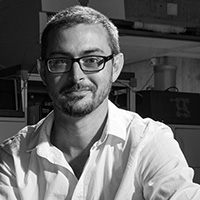
Dr. Florian Breider
Head of the Central Environmental Laboratory at EPFL (Swiss Federal Institute of Technology – Lausanne)
Dr. Florian Breider is the head of the Central Environmental Laboratory at EPFL (Swiss Federal Institute of Technology – Lausanne) since 2018. He has studied environmental chemistry and physics at the University of Lausanne and obtained his PhD at the University of Neuchâtel in the field of isotope biogeochemistry. After his PhD he was research scientist at the Atmospheric Particles Research Laboratory of EPFL and then Research Associate at Tokyo Institute of Technology in Japan. His major research interest are the fate and impact of micropollutants and micro/nanoplastics on the ecosystems and their potential consequences on human health. Since 2020, his is studying the impact of tire and road wear particles and associated chemicals on the aquatic and terrestrial environments.
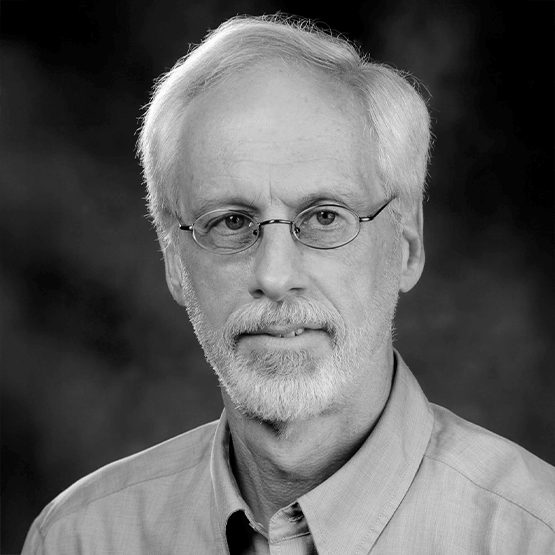
Dr. John Bucher
Retired Senior Scientist and former Associate Director, National Toxicology Program (NTP) and Scientific Director, Division of the NTP, National Institute of Environmental Health Sciences, National Institutes of Health, Research Triangle Park, NC.
Degrees and certifications: Ph.D. in Pharmacology, University of Iowa; M.S. in Biochemistry, University of North Carolina at Chapel Hill; B.A. in Biology, Knox College; NIH Postdoctoral Fellow, Michigan State University; Retired Diplomate’ American Board of Toxicology, Fellow Collegium Ramazzini.
Responsibilities included directing research into the toxic and carcinogenic potential of hundreds of chemicals, mixtures and physical agents nominated for study by the NTP; development of strategies for high throughput screening in toxicological testing termed “Toxicology in the 21st Century”; developing methods for systematic reviews for environmental contaminants; oversight of listings in the NTP Report on Carcinogens and Monographs from the Office of Health Assessment and Translation, and assessing dose response modeling of gene expression changes as a surrogate for PODs of phenotypic responses in in vivo toxicology and carcinogenesis studies. Service on advisory committees for NASEM, FDA, WHO, IARC and past member of EPA SAP.

Dr. Benoit Ferrari
Director of the Ecotox Centre
Dr. Benoît J.D. Ferrari obtained his PhD in Ecotoxicology from the University of Lorraine (Metz, France) in 2000. After several years at the University of Geneva (Geneva, CH) and Inrae (formerly Cemagref/Irstea, Lyon, France), he joined the Ecotox Centre in October 2013 as group leader of the Soil and Sediment Ecotoxicology group at EPFL (Lausanne, CH). On 1 September 2019, he became interim director of the Ecotox Centre. In July 2021, he was appointed as the new director of the Ecotox Centre, while continuing to lead the Soil and Sediment ecotoxicology group. His main areas of interest are the ecodynamic of contaminants and their effects at different levels of biological organisation. In particular, he is involved in 1) the development of exposure- and effect-based tools to assess chemical stress, 2) the integration of such tools into laboratory- and field-based approaches to assess ecosystem quality, and 3) the transfer of such tools and approaches to end-users. See https://www.ecotoxcentre.ch/
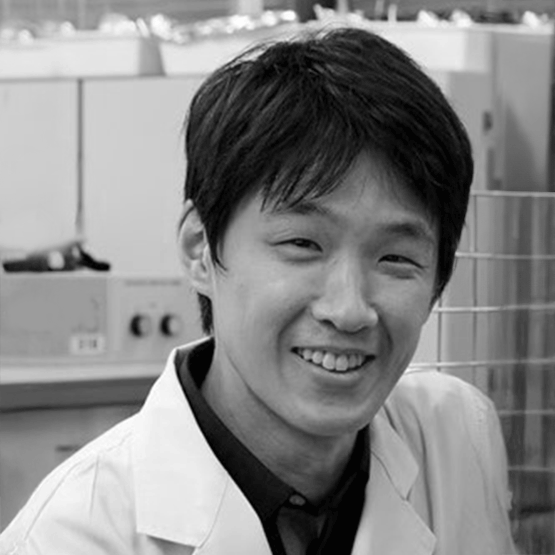
Dr. Kyoshiro Hiki
Lecturer of Department of Urban Engineering at the University of Tokyo, Japan.
Dr. Kyoshiro Hiki is a lecturer at the University of Tokyo. He received his PhD from the University of Tokyo in 2016 and subsequently worked at the National Institute for Environmental Studies as a postdoctoral fellow and senior researcher. His research interests include ecotoxicology and ecological risk assessment, with a focus on sediment contamination, urban runoff, and the application of molecular technologies. Following his master’s work, he has evaluated the toxicity of road dust and road runoff-related chemicals on aquatic and benthic organisms. Since the discovery of 6PPD-quinone as the causative agent for acute die-offs of coho salmon, he has further investigated the toxicity of 6PPD, 6PPD-quinone, and related chemicals to aquatic organisms, while also pursuing the underlying mechanisms of 6PPD-quinone toxicity.
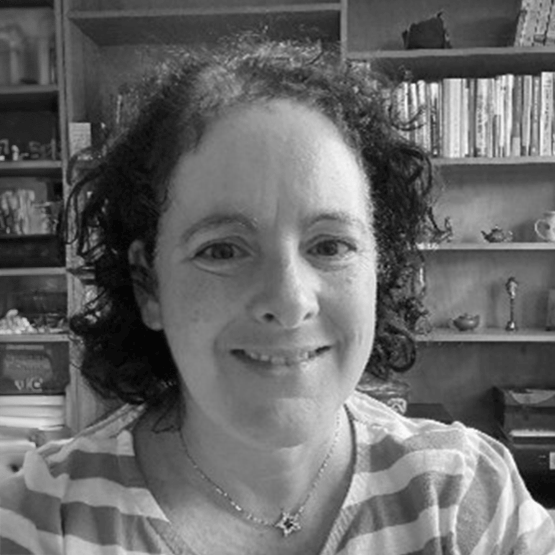
Dr. Iseult Lynch
Chair Professor of Environmental Nanosciences at the School of Geography, Earth and Environmental Sciences, University of Birmingham
Iseult Lynch is a Chair Professor of Environmental Nanosciences at the School of Geography, Earth and Environmental Sciences, University of Birmingham in the UK. She is a founding director of the Centre for Environmental Research and Justice (CERJ) at the Univeristy of Birmingham.
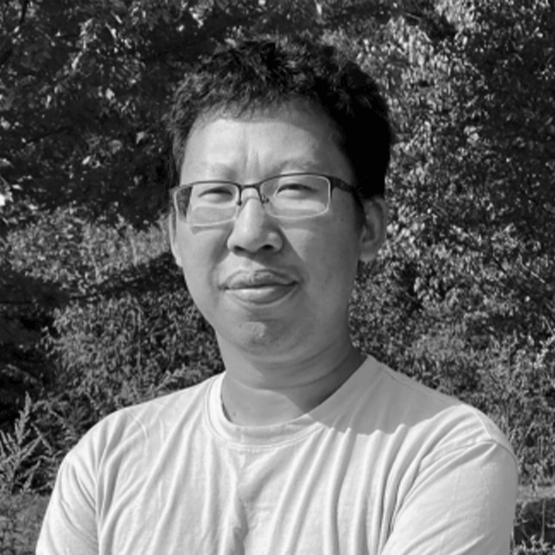
Dr. Hui Peng
Associate Professor, Assistant Professor, Department of Chemistry, and School of the Environment, University of Toronto
Hui Peng is an Associate Professor at the Department of Chemistry, University of Toronto, Canada. He received his B.Sc. and Ph.D. at Peking University in 2008 and 2013, respectively. Following postdoctoral fellowships at the University of Toronto and University of Saskatchewan, Hui Peng joined the department of chemistry at the University of Toronto as a faculty member in 2017. His research focuses on establishing the environmental Chemical-Protein Interaction Network (eCPIN) by pursing two research directions: 1) Identification of exogenous and endogenous ligands using protein affinity selection coupled with untargeted mass spectrometry (AS-UMS). 2) Identification of protein targets through chemical proteomics. He has published over 100 peer-reviewed papers and has received multiple awards including the CIC EN Early Career Research Award (2024), James J. Morgan Early Career Award (2023) and Ontario Early Researcher Award (2022).

Dr. Cassandra Rauert
Senior Research Fellow at the Queensland Alliance for Environmental Health Sciences (QAEHS) at the University of Queensland, Australia
Dr Cassandra Rauert is an established environmental health scientist, with a career divided between working within government and academia. She is currently a Senior Research Fellow at the Queensland Alliance for Environmental Health Sciences (QAEHS) at the University of Queensland, Australia. Her research focusses on developing new methods for monitoring human and environmental exposure to microplastics with a special focus on tyre wear and their associated chemicals. She has published the first Australian environmental data on these pollutants and works closely with local governments to understand the fate and transport of both tyre wear and the associated chemicals within an Australian context.
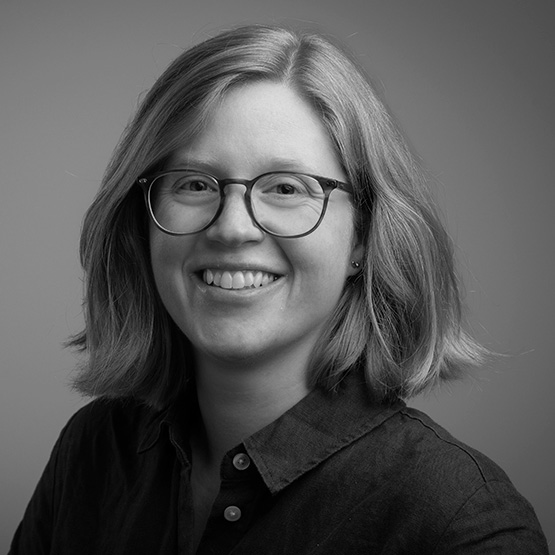
Dr. Elisabeth Støhle Rødland
Researcher at the Norwegian Institute for Water Research (NIVA)
Dr. Rødland is researcher at the Norwegian Institute for Water Research (NIVA). Dr. Rødland is a marine biologist (MSc) and environmental chemist (PhD), and has been working on road-related pollution topics for more than 12 years. She has a 7 year background from the Norwegian Public Roads Administration, before doing her PhD work on the analysis of tire-road wear particles using PYR-GC/MS at NIVA and the Norwegian University of Life Sciences (NMBU). Dr. Rødland’s current research focuses the occurrence and fate of tire-road wear particles and related chemicals in the environment, including method improvements for identification and quantification, and evaluating different treatment options for road and tunnel runoff.

Dr. Jack Spengler
Professor of Environmental Health and Human Habitation at the Harvard T.H. Chan School of Public Health, Boston, US
Jack Spengler is the Akira Yamaguchi Professor of Environmental Health and Human Habitation, and Co-Director of the JPB Environmental Health Fellowship Program at the Harvard T.H. Chan School of Public Health. Current research focuses on health and the built environment and the wellbeing benefitsof exposure to Nature. In addition, his team works on extereme heat mitigation strategies in ten US cities the Smart Surfaces Coalition.
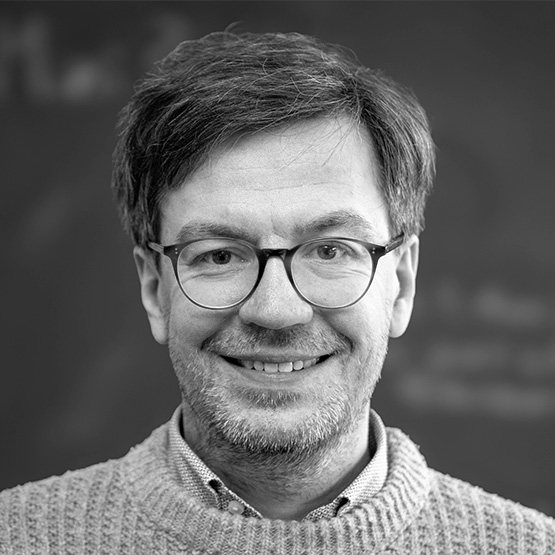
Prof. Dr.-Ing Stephan Wagner
Head of the Institute for Analytical Research at the Hochschule Fresenius University of Applied Sciences in Idstein, Germany
Prof. Dr.-Ing Stephan Wagner is the head of the Institute for Analytical Research at the Hochschule Fresenius University of Applied Sciences in Idstein, Germany. He is an expert in the analysis and fate of anthropogenic materials such as tire and road abrasion particles, micro- and nanoplastics, nanomaterials as well as organic trace contaminants in the (urban) water cycle.
Stephan graduated from Technische Universität Dresden, Germany in waste and contaminated site management and received his PhD in mine water treatment in 2011 from Brandenburgische Technische Universität Cottbus, Germany. Before joining Hochschule Fresenius in Idstein in July 2022, Stephan worked at several research institutions in Germany and Austria as Postdoc and research group leader. He has been involved in numerous national and international research projects related to microplastics in the water cycles, engineered nanomaterial and tire wear emissions. He is active in several working groups of the German Chemical Society (Working groups on microplastics, PMT substances and nanomaterials in food) as well as in standardization activities of the German Institute for Standardization (DIN) for microplastic sampling and spectroscopic analysis.

Dr. Ng How Yong
Adjunct Professor in the Department of Civil and Environmental Engineering, National University of Singapore (NUS) and a Changjiang Scholar Professor at the Beijing Normal University at Zhuhai
Dr. How Yong Ng is an Adjunct Professor in the Department of Civil and Environmental Engineering, National University of Singapore (NUS) and a Changjiang Scholar Professor at the Beijing Normal University at Zhuhai. He was the Director of NUS Environmental Research Institute and the Director of the Sembcorp-NUS Corporate Laboratory.
Professor Ng’s core research interest is in sustainable water management, focusing on biological treatment technologies, membrane bioreactor and microbial electrochemical sensor for water reuse and resource recovery. He has contributed to more than 450 publications in refereed international journals and conference papers. He invented the I2BioS – an integrated intelligent bio-sensor that provides real-time water toxicity and quality monitoring, which is currently being commercialised through EnvironSens Pte Ltd, a NUS spinoff company. He also serves as an Advisor to WaterROAM Pte Ltd, a NUS startup and a social enterprise that provides durable and affordable water filters designed for humanitarian use.
Professor Ng is a Fellow of the Academy of Engineering Singapore, a Fellow of the International Water Association (IWA) and a Distinguished Member of the American Council of Environmental Engineers and Scientists. He serves as an Associate Editor of Water Research and an Editor of the Water Reuse. He is also the Chair of of the Management Committee of the IWA Specialist Group on Membrane Technology and the immediate past president of the Environmental Engineering Society of Singapore. He has received many outstanding awards including the 2014 IWA Pacific Project Innovation Award, 2020 Institute of Engineering Singapore Prestigious Engineering Achievement Award, 2020 National University of Singapore Engineering Leadership Award, etc.
